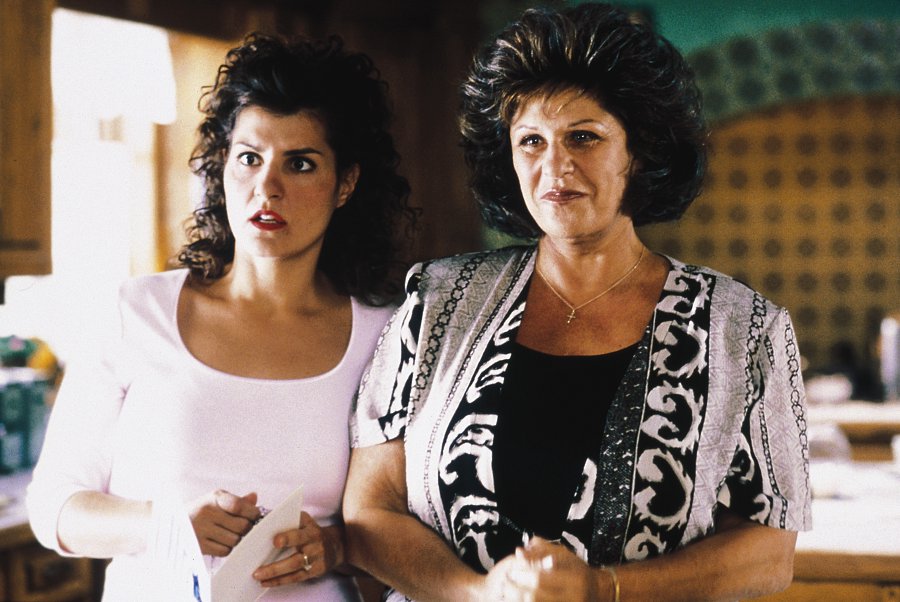My favorite example of using questions to change someone's mind appears in the movie My Big Fat Greek Wedding. Toula (pictured left) gets help from her mother (pictured right) to convince her traditional Greek patriarch father that she should leave the family restaurant to work in her aunt's travel agency.
As the IMDB plot summary explains:
All her father Gus wants is for her to get married to a nice Greek boy. But Toula is looking for more in life. Her mother convinces Gus to let her take some computer classes at college (making him think it's his idea). With those classes under her belt, she then takes over her aunt's travel agency (again making her father think it's his idea).
I'm all for getting people to buy in to your ideas through questions. However, if you walk in with a particular outcome in mind, and use your questions to convince someone of your point of view, you're selling, not coaching. Your questions are leading, rather than open-ended.
Effective coaching starts with the coach and coachee agreeing upon a desired outcome. Neither the coach nor the coachee is wedded to a particular path to achieve the desired outcome. The coach must firmly believe that the coachee is capable of defining an appropriate path. Then (and only then) can they truly coach. By using open-ended questions, an open-minded coach can help a willing and able coachee identify an appropriate course of action.


No comments:
Post a Comment